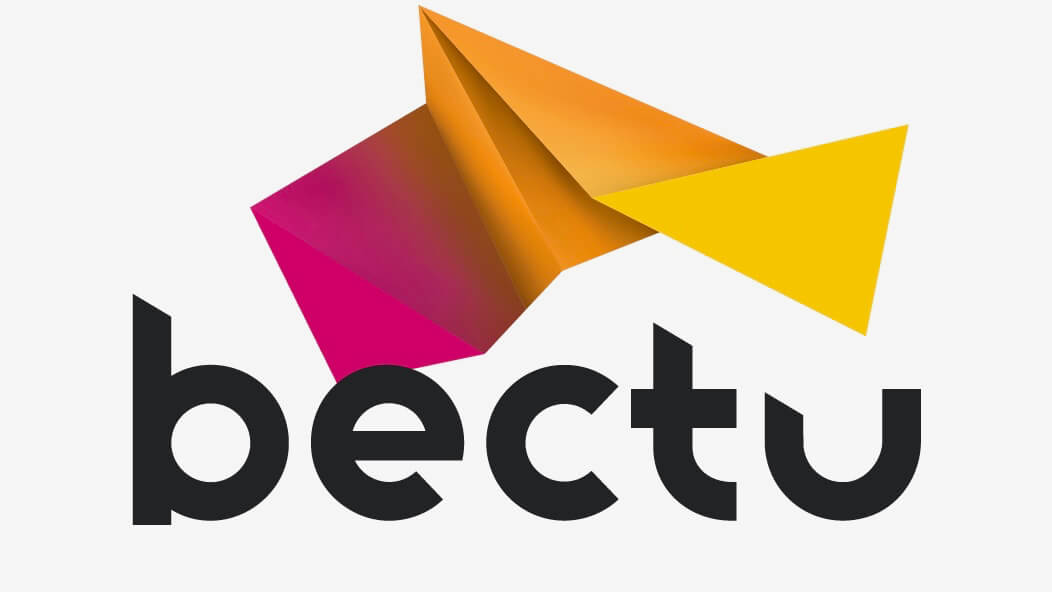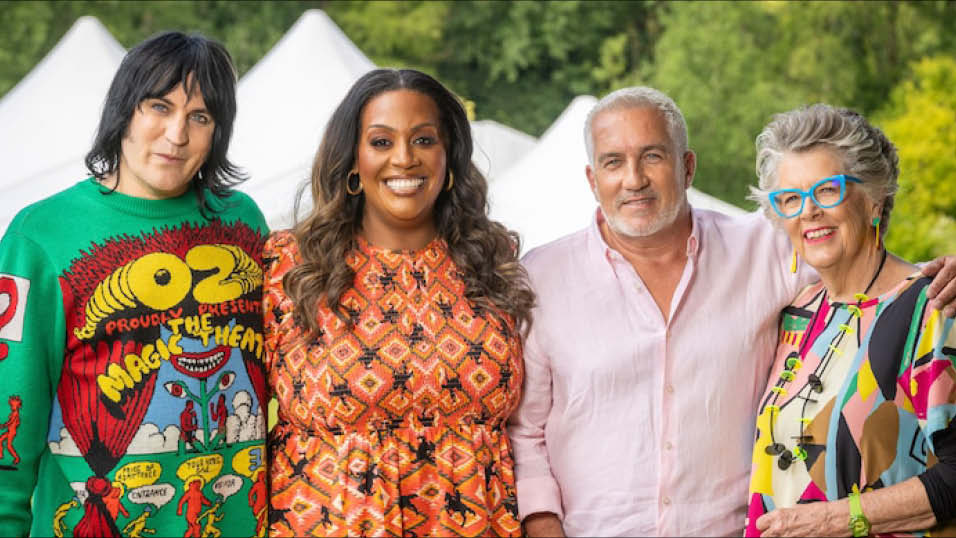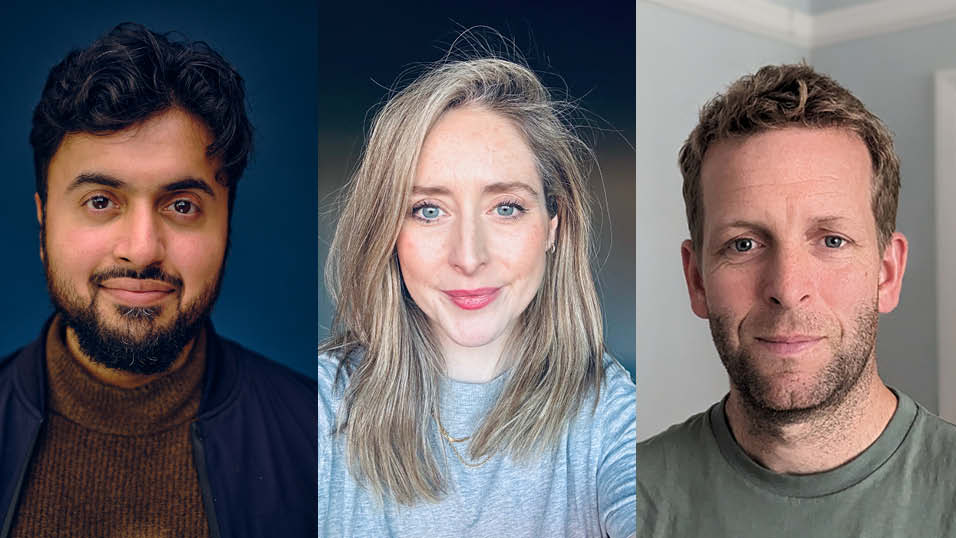A newly published survey by creative industries union, Bectu, has found that complaints of racism are not dealt with properly in the film and TV industry.
The ‘Race to be heard’ survey, was conducted in partnership with the Sir Lenny Henry Centre for Media Diversity.
The survey, which asked a series of questions about whether respondents had experienced or witnessed racism, about experiences reporting racism to either a broadcaster or a trade union, and whether complaints were dealt with effectively, garnered hundreds of responses from UK film and TV workers.
The survey responses indicate that current racism reporting mechanisms are, for the people surveyed, largely ineffective, and revealed an overwhelming lack of confidence with the way in which broadcasters and trade unions handle reports of racism. Many respondents expressed that their complaints were either not taken seriously or completely ignored.
The findings also “demonstrate how racism is embedded into some workplace cultures and hierarchal systems, as well as its negative impact on people’s careers and progression.”
Of the respondents to the survey, just 12% of those who reported racism to a trade union felt their complaint had been dealt with effectively and just 4% of those who reported racism to a broadcaster felt their complaint had been dealt with effectively.
The survey follows publication of Bectu’s ‘Race to be heard’ report in late 2020, researched and written by producer and academic Marcus Ryder. The report pointed to racism within the UK broadcasting industry as a widespread and common experience and recommended the establishment of an industry-wide racism reporting body.
Bectu has penned an open letter to Ofcom, signed by industry leaders including Marcus Ryder MBE, reporter Jasmine Dotiwala, Chair of Campaign for Broadcasting Equality Simon Albury MBE, Kim Johnson MP, Jake Wiafe from YouTube documentary channel Real Stories, and President of the Ethical Journalism Network Aidan White, seeking support in securing a commitment from UK broadcasters to create an independent racism reporting body.
Head of Bectu Philippa Childs said: “Our findings confirm that reporting of racism in the broadcasting sector, and the handling of reports, remains inadequate and it’s clear that reform is desperately needed. Our survey particularly demonstrates that more work is needed to educate people about subtle forms of racism, including micro aggressions, that remain rife in the sector.
“This latest survey indicates that little has changed since we last called for an independent racism reporting body and highlights the pressing need for such a body. Everyone, unions included, need to do better in helping to stamp out racism in the industry and this can only be done through collaboration and partnership between UK broadcasters and entertainment unions.
“It is now the job of industry leaders to listen to our demands and formulate a racism reporting body. It is not too late to tackle racism in broadcasting, and we will maintain pressure until we see real progress.”
Marcus Ryder MBE, Lenny Henry Centre for Media Diversity, said: “All the evidence suggests that there is serious underreporting of racism in British broadcasting. If we want to maintain and grow a world class film television industry, we must create an environment in which everyone can thrive. An independent racism reporting body would be an important step in achieving that.”
Jon Creamer
Share this story
















